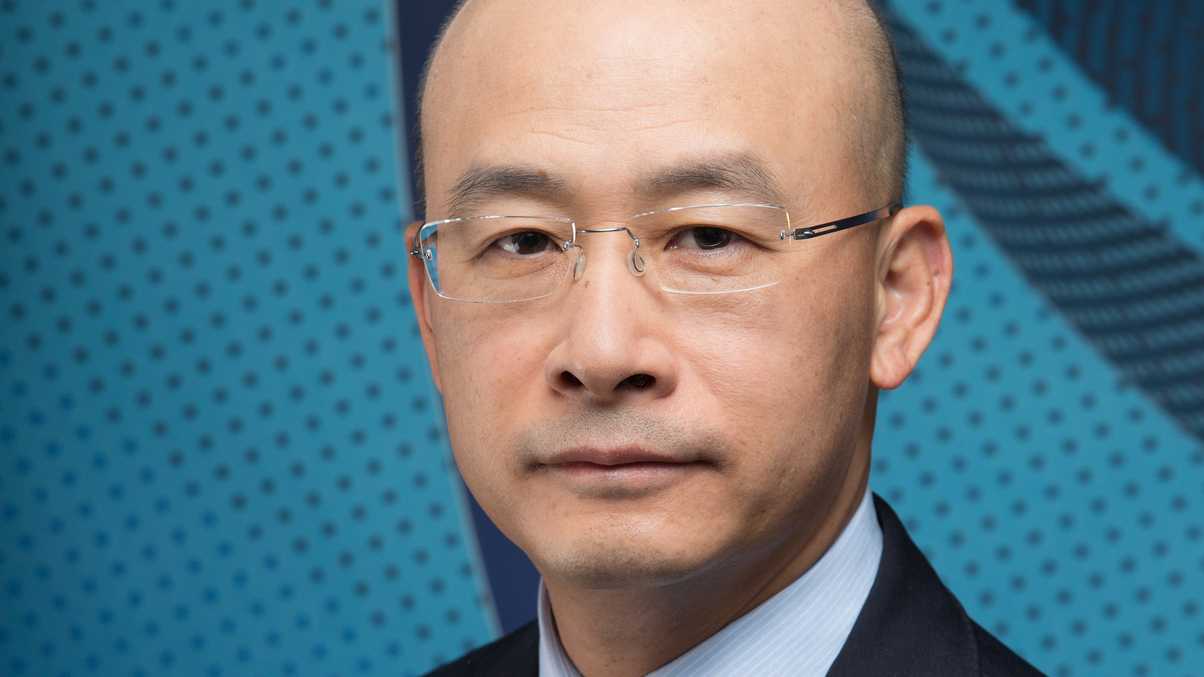Amundi debuts HK ETF but rules out L&I products
The French asset manager plans to build an exchange-traded funds business in Asia with Hong Kong as its hub and has kicked things off with a low-fee product.

French asset manager Amundi yesterday listed an exchange-traded fund in Hong Kong – its first in Asia – with an eye on building a regional ETF business with the city at its hub, but has no plans to launch leveraged and inverse products there.
Sign in to read on!
Registered users get 2 free articles in 30 days.
Subscribers have full unlimited access to AsianInvestor
Not signed up? New users get 2 free articles per month, plus a 7-day unlimited free trial.
¬ Haymarket Media Limited. All rights reserved.


